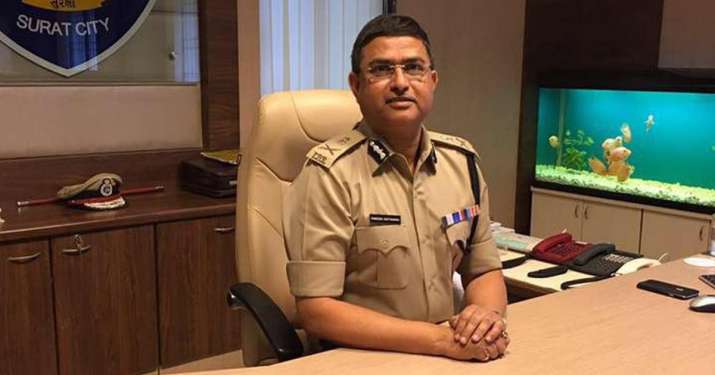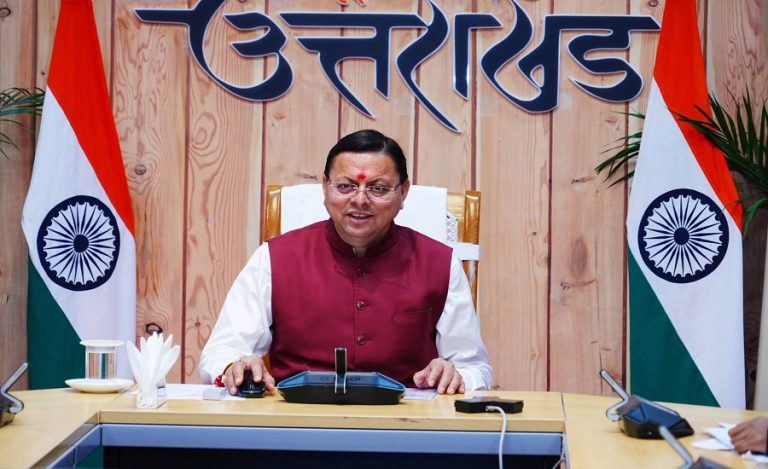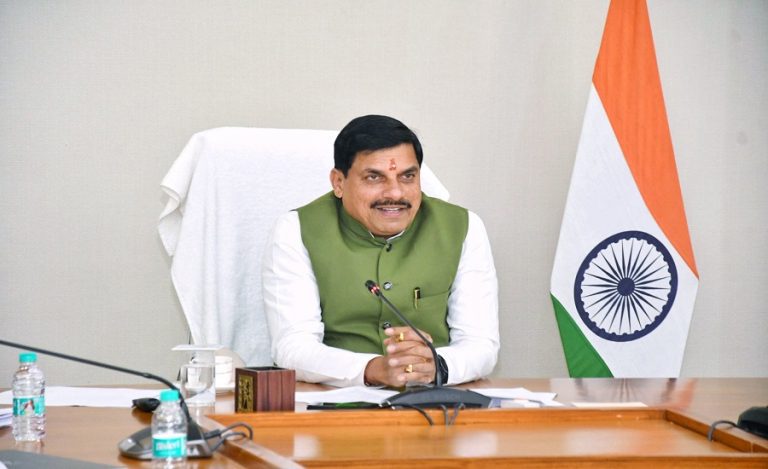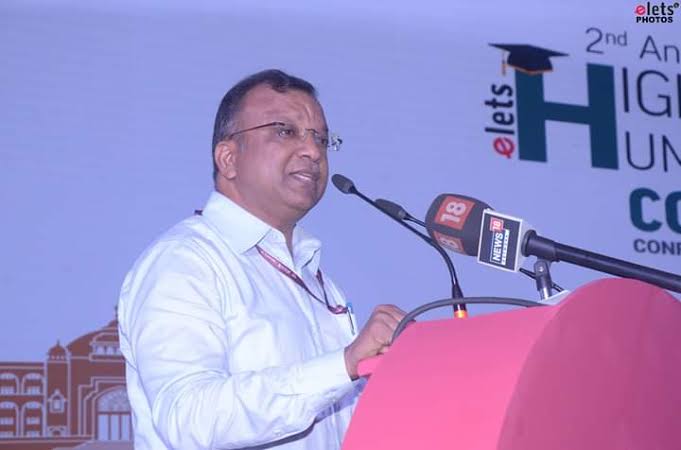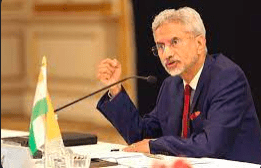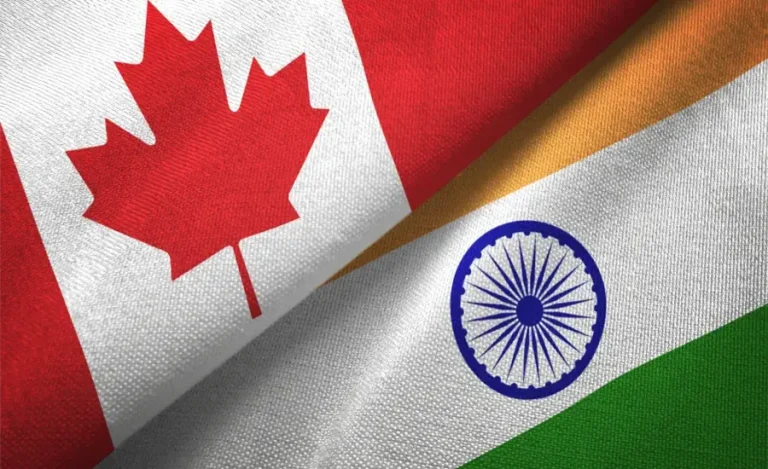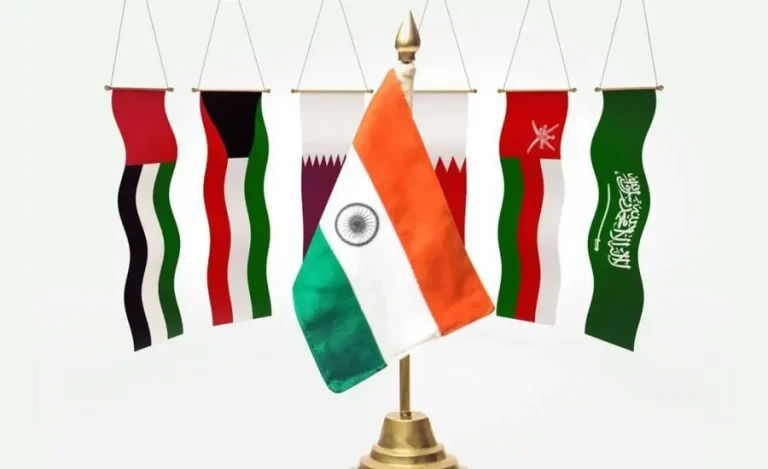Insisting on the importance of communal harmony Delhi Police Commissioner Rakesh Asthana said that “criminals have no religion or community and strict action should be taken unequivocally”. He was addressing the Delhi Police personnel through a video conferencing. Senior officers of all ranks including DCsP of districts and units, and SHOs of police stations along with their personnel who remained stationed in various police facilities attended the conference. Over 10,550 police personnel of all ranks from constables to top brass attended the conference.
While addressing the officer he said, Communal harmony is of utmost importance in the national capital and it has to be maintained by the police through engagement with leaders and respectable of all communities.
The top cop also outlined key areas of policing as law and order and crime detection and prevention and said if these are done well, then no issues will remain unaddressed.
“Pay attention to basics. Each person in every rank must discharge their duties responsibly. “Professional work will earn you the respect of the masses as well as courts,” he said.,” he added.
He also appreciated the Delhi Police for their work whether it is areas of law and order, VVIP security, and crime investigation. and assured them that he will contribute to their performance by keeping them motivated at all times.
The Commissioner also highlighted the and said, “The barometer of your performance is public satisfaction. Complainants, victims, and visitors coming to police stations should be treated politely and empathetically. Let there be fear of police among criminals and a sense of security among law-abiding citizens.”
In the wake of Independence Day celebrations, Mr. Asthana instructed local police to draft a plan with cooperation of street vendors, small shop keepers, auto drivers, rickshaw pullers, etc who act as “Eyes and Ears” against terrorist or criminal designs. He stated that these common people on the ground can be vigilant to act as the police’s “force multipliers” and form a part of our community policing to keep the city safe and secure with greater public cooperation and participation, said Mr Asthana.

